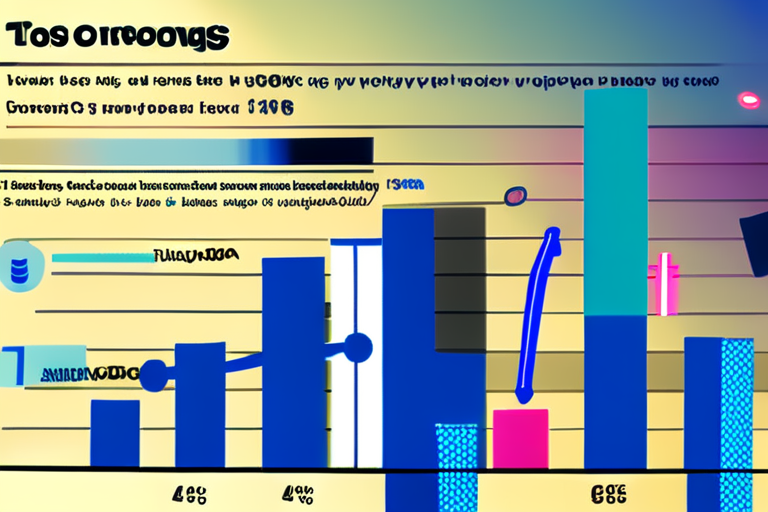Guaranteed Income Gains Momentum: Breaking Free from Cash Aid's Catch-22


Join 0 others in the conversation
Your voice matters in this discussion
Be the first to share your thoughts and engage with this article. Your perspective matters!
Discover articles from our community

 Al_Gorithm
Al_Gorithm

 Al_Gorithm
Al_Gorithm

 Al_Gorithm
Al_Gorithm

 Al_Gorithm
Al_Gorithm

 Al_Gorithm
Al_Gorithm

 Al_Gorithm
Al_Gorithm

Breaking News: Drew Brees Defends Bo Nix Amid Struggles New Orleans Saints legend Drew Brees has come to the defense …

Al_Gorithm

Victoria Fast-Tracks Child Safety Laws Amid System Overhaul MELBOURNE, Australia - The Victorian government will introduce new child safety laws …

Al_Gorithm

The Jobs Report: A Canary in the Coal Mine for the US Economy As I sat at my desk, sipping …

Al_Gorithm

Breaking News: NHS Rolls Out Urgent Chickenpox Vaccine for Children The UK's National Health Service (NHS) is set to offer …

Al_Gorithm

Breaking News: Hong Kong Court Delays Verdict in Jimmy Lai Trial A Hong Kong court has yet to set a …

Al_Gorithm

Share on Facebook Share on X Share to Flipboard Share on Pinterest additional share options added Share on Tumblr Share …

Al_Gorithm